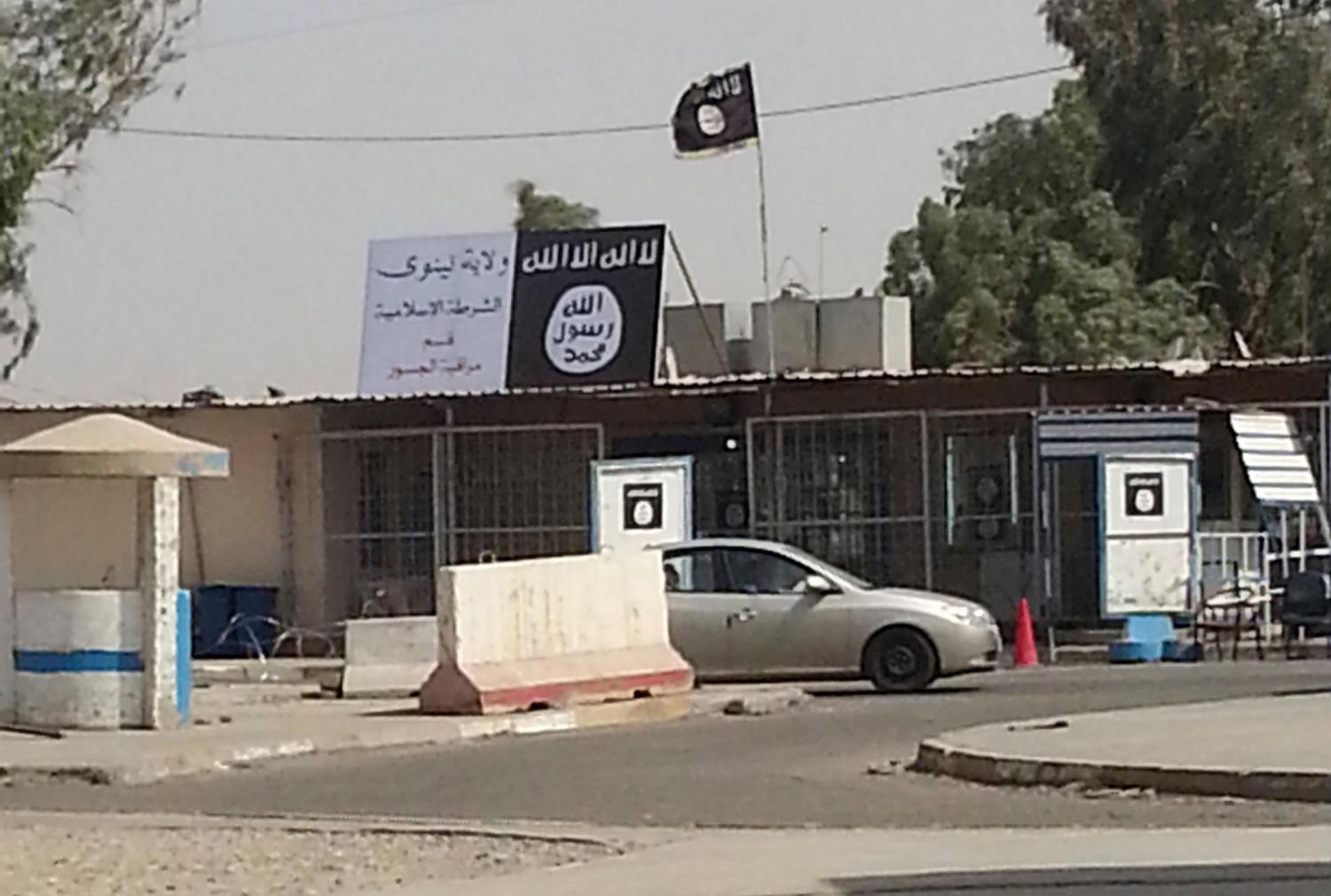Editor’s note: This is the second post in an ongoing series in which authors debate the philosophical and policy challenges posed by the confluence of Islam and politics.
Will McCants:
Graeme Wood’s article on ISIS in this month’s Atlantic touched off a national debate about the insurgent group’s uses and abuses of Islam. Over the next few weeks, we thought it would be interesting for scholars of ISIS and political Islam to think through some of the issues raised by Wood, giving him a chance to weigh in along the way.
First out of the gate was Jacob Olidort, who has just written a paper about quietist Salafism. Salafis are ultraconservative Sunni Muslims. Some Salafis engage in parliamentary politics and some engage in revolution (“jihadis” in their parlance). But most Salafis don’t engage in direct political action—earning them the appellation of “quietist” from Western academics.
Because quietist Salafis speak the same theological language as the jihadis but reject their violent activism, Graeme thinks they offer “an Islamic antidote to Baghdadi-style jihadism” (Abu Bakr al-Baghdadi runs the Islamic State). I’ve pushed a related idea in the past so I understand the appeal of Wood’s argument even though I’ve moved away from it. Such an approach would be akin to tolerating socialists to counter communists.
Next up is Mubin Shaikh, who considered himself a jihadi-Salafi in his twenties. Mubin changed his mind after 9/11 when studying Islam and Arabic in Syria, and returned to work as an undercover operative for the Canadian Security Intelligence Service. He now advises various Western agencies on how to counter violent extremism and is working on a Ph.D in psychology.
Mubin Shaikh: Although I find myself largely in agreement with many of Jacob’s points, I concur with Graeme that quietist Salafism is in fact an antidote to ISIS — despite my many reservations about other parts of Graeme’s article.
ISIS and quietist Salafis do share an intellectual genealogy. But in contrast to most quietist Salafis, ISIS’s violent worldview springs from the political realities of Iraq and the views of Saddam-era Baathists who make up the top echelons of ISIS. Quietist Salafis can (and do) openly and vociferously oppose ISIS’ interpretation of Islamic texts and dispute its use of Islamic scripture and scholarship.
Contrary to suggestions that we should not work with the Salafis because they do not favor democracy, our concern here should be less about their views and more about the impact of these views. I’d rather have young Muslim Salafi types who don’t vote or don’t believe in voting than have those who think terrorism is in any way legitimate in Islam.
Those deemed to be “moderate” Muslims have little to no influence with people who have come under the spell of the deviant and un-Islamic teachings of “jihadi-Salafism” (a belief system which does not adhere to the true concepts of “jihad” or “Salafism”). So it takes those who speak the language and dress the part to engage them in the way they need to be engaged; quietist Salafis can fill this role.
Quietist Salafis are not the only ones who should be intervening with youth attracted to jihadism. And ideology should not be the sole focus of interventions. Many Muslims hold serious grievances (both perceived and real) that also need to be addressed. But quietist Salafis can be very effective at persuading radicalized youth to consider more constructive approaches to political change. Such cognitive openings are the first step toward changing a youth’s mind about why he or she is aggrieved, and what to do about it.
The Brookings Institution is committed to quality, independence, and impact.
We are supported by a diverse array of funders. In line with our values and policies, each Brookings publication represents the sole views of its author(s).





Commentary
Experts weigh in (part 2): Is quietist Salafism the antidote to ISIS?
March 17, 2015